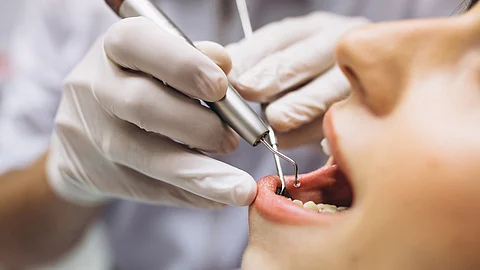Arrested After Two Years
The police arrested all three earlier this month. Officials confirmed that the clinic operated without any certification or training and generated nearly 4 million Czech Koruna—approximately ₹1.6 crore or $185,000—in illegal income.
Authorities have not disclosed whether the case came to light through patient complaints or some other trigger. The trio now faces multiple charges, including operating an unlicensed business, money laundering, theft, attempted assault, and drug dealing. They may be sentenced to as much as eight years in prison if found guilty.


